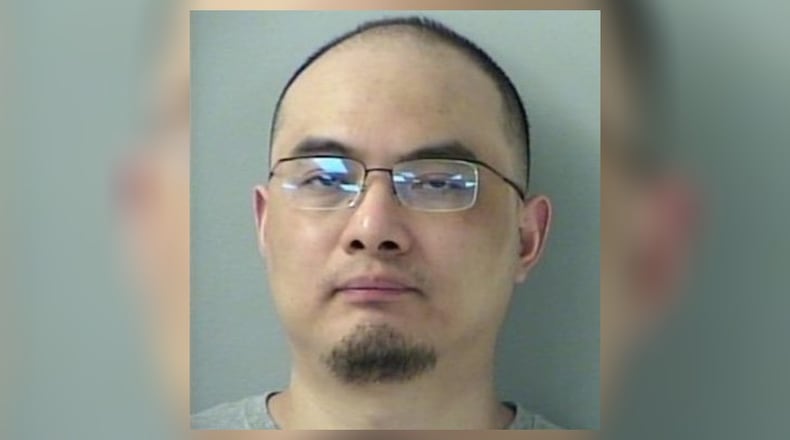He faces up to 15 years when he is sentenced by U.S. District Court Judge Timothy Black, likely in three to four months.
For now, he is being housed in the Butler County Jail.
The historic espionage trial lasted three weeks in U.S. District Court in Cincinnati, where Xu is the first agent of China’s Ministry of State Security to be extradited for trial as an accused spy.
“This is surely among the most significant victories by United States law enforcement against China’s naked ambition to acquire intellectual property by whatever means, legal or otherwise,” said former U.S. Attorney Ben Glassman, who initially oversaw the case when Xu was extradited to Cincinnati in 2018.
“The answer of the United States to another country’s ambition to gain through theft is simply to hold people accountable under the law. I’m proud to be an American,” Glassman said.
The case is based in Cincinnati because it involves GE Aviation and a former engineer who cooperated with the FBI to lure Xu to his arrest in Belgium in 2018. In exchange the FBI agreed not to prosecute that engineer, David Zheng, who was fired from GE after he traveled to China for a university presentation.
“The jury, by its guilty verdict here today, held Xu accountable for his classic spy techniques,” said Acting U.S. Attorney Vipal J. Patel. “This office will continue to seek to protect American innovation and hold accountable those who attempt to steal our nation’s science and technology, regardless of status or affiliation, whether civilian, military, or spy.”
The government’s strongest evidence in the case is the volumes of text messages, emails, calendar entries, photos and recordings that FBI agents retrieved from Xu’s cellphone when he was arrested in Belgium in April 2018.
“The evidence in this case, nearly all of it, came from his own words,” Assistant U.S. Attorney Tim Mangan told the jury in his closing statement. “It shines a light on what his deeds were … and a clear window into his intent.”
Mangan showed the jury a photo that Xu had taken of his resume, which detailed his 15-year career at the MSS. It showed his promotions through the years until he was named deputy division director with the Jiangsu State Security Department, Sixth Bureau, which witnesses said was responsible for science and technology.
The MSS is the intelligence and security agency for China and is responsible for counterintelligence, foreign intelligence and political security.
About the Author
